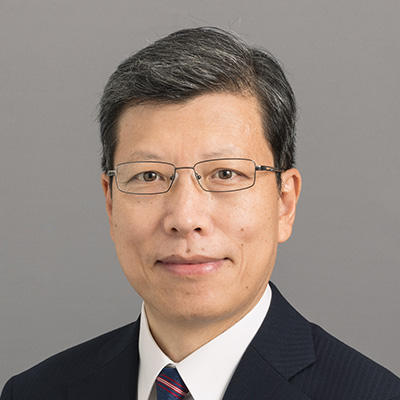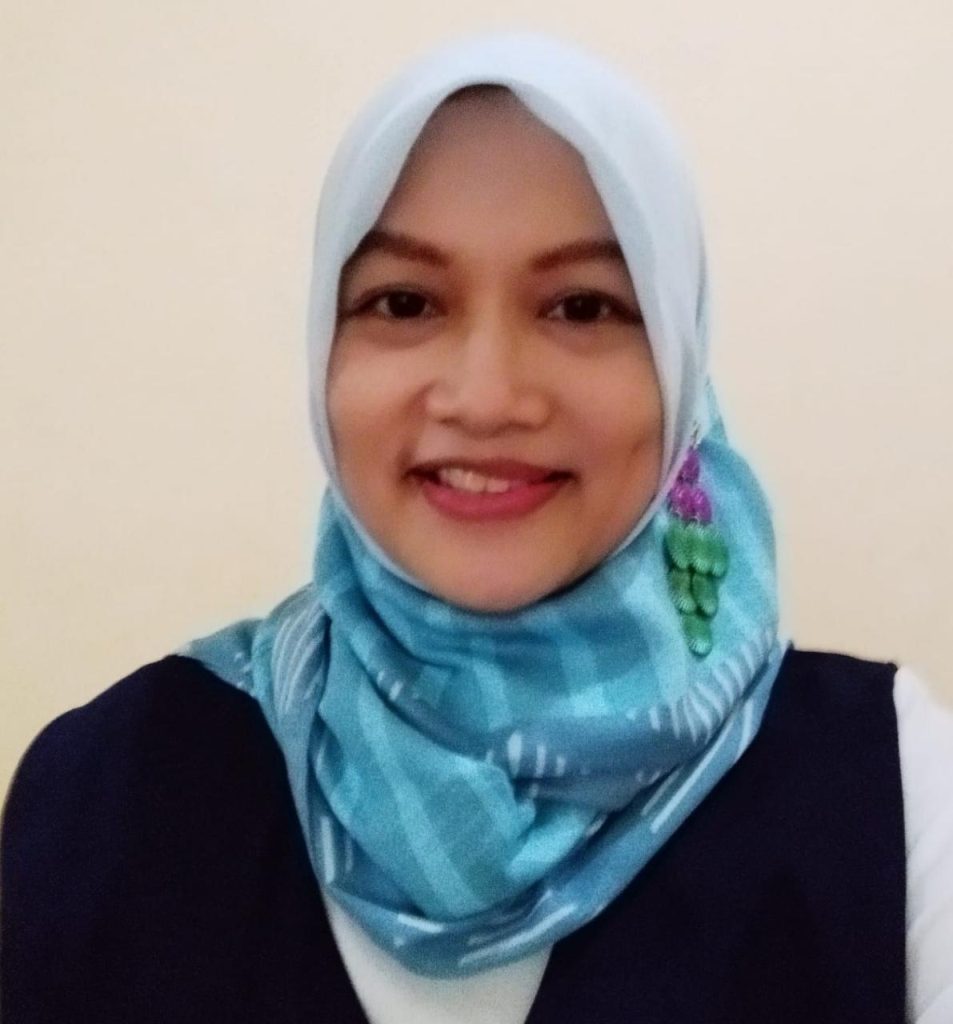
Prof Son T VUONG
University British Columbia
Prof Son T VUONG is an Emeritus Professor of Computer Science at the University of British Columbia (UBC), Canada, where he taught and conducted research for over 32 years. He earned his B.S. in Electrical Engineering (California State University, Sacramento, 1972), M.Eng. in Systems and Computer Engineering (Carleton University, 1977), and Ph.D. in Computer Science (University of Waterloo, 1982). He is the founder of the Distributed System Research Group and former Director of NICLab at UBC. An internationally recognized researcher, he has published over 250 papers, holds a U.S. patent, co-edited three books, and supervised 80 graduate students. His research interests span IoT, distributed multimedia, P2P streaming, network security, mobile computing, and intelligent AI systems. Dr. Vuong has co-organized 47 international conferences, served on NSERC’s Grant Selection Committee, and was a co-leader of a $30M national research proposal (GISST). He has also been Honorary Vice-President of Nguyen Tat Thanh University (Vietnam) since 2012, and in 2025 received an Honorary Doctorate of Engineering from UEM Kolkata. Beyond academia, he co-founded VT Pacific Sunrise, LLC, founded Creative and Intelligent Solution and Technology JSC, and advises several tech companies, while also serving as External Director of the Jolicoeur International Institute of VoVi Meditation in Canada.
AI Digital Twins for Healthcare and Inner Engineering: A Perspective
Abstract
The ultimate goal of human beings is to elevate wisdom and sustain good health and happiness, that can be achieved via inner engineering (IE) and AI Digital Twins, collectively forming the so-called Internet of Minds (IOM) and Revolution 5.0.
In this talk, we shall present some ground breaking research in leveraging the AI Digital Twin and inner engineering technologies to transform wisdom and healthcare. The presentation will elucidate the fundamental principles of digital twins, their construction, and their wide-ranging applications. We shall highlight through a case study of diabetes management how digital twins and AI enable personalized development and treatment, predict disease progression, and optimize interventions, ultimately improving personalized outcomes in inner engineering toward enlightenment.

YAN Jiwang
Department of Mechanical Engineering, Keio University, Japan
Prof. Jiwang Yan is a Professor at the Department of Mechanical Engineering, Faculty of Science and Technology, Keio University. He specializes in ultra-precision machining, micro/nano fabrication, electrical discharge machining, and laser processing, including laser defect repair. His research focuses on developing advanced manufacturing technologies with extreme precision, high efficiency, and resource/energy savings, contributing to the creation of high value-added engineering products. His works have been widely published in international journals and conference proceedings.

Jung-Il Song
DNA+ Research Center, Changwon National University, 20 Changwondaehak-ro, Uichang-gu, Changwon-si, Republic of Korea
Professor Jungil Song is a globally respected expert in composite materials, with over three decades of pioneering contributions spanning natural fibre composites, metal matrix systems, biomedical engineering, and structural reliability. He earned his PhD from Pohang University of Science and Technology and has worked at Changwon University since 1998. He currently serves as Emeritus Professor at Changwon National University (CWNU) and Director of the Center for Advanced Materials Research (CAMR) supported by the National Research Foundation of Korea.
Professor Song’s research has profoundly shaped the field of sustainable composite materials, with a strong emphasis on the development of green and bio-based polymers, flame-retardant systems, thermoset bio-resins, self-healing composites, and reinforced natural fibres. His recent work also explores polymer recycling, micro/nano cellulose materials, 3D printing technologies, and advanced polyurethane foams, all aimed at addressing global challenges in materials sustainability and multifunctionality.
Development of Sustainable Materials Based on Eco-Friendly Resources and Their Advanced Applications
Abstract
As the climate crisis and environmental pollution continue to escalate, intensive research is being conducted across various fields to develop sustainable alternatives. Natural fibers—entirely derived from renewable biological sources—have garnered increasing attention due to their biodegradability, low density, and renewability. In this study, eco-friendly and high-performance composite materials were developed by combining natural fibers with other nature-derived flame-retardant additives. The inherent flammability of natural fibers was significantly reduced through bio-based treatments, and this enhancement in flame retardancy was maintained even when incorporated into composite systems. In addition to flame resistance, extensive mechanical testing demonstrated that the natural fiber-reinforced composites exhibit excellent mechanical properties, confirming their potential for structural applications. These findings suggest that such materials not only offer environmental advantages and carbon footprint reduction, but also provide lightweight, strong, and safe alternatives suitable for applications in sectors such as transportation, where improved fuel efficiency and vibration damping are critical.
Keywords. Natural Fiber Composites, Sustainable Materials, Bio-Based Flame Retardants, Mechanical Properties, Eco-Friendly Engineering Applications
Acknowledgement: This study was supported by the Basic Science Research Program through the National Research Foundation of Korea (NRF) and funded by the Ministry of Science Education (2018R1A6A1A03024509 and 2023R1A2C1006234).

Resista Vikaliana
Logistics Engineering Department, Universitas Pertamina, Indonesia
Resista Vikaliana earned a Bachelor of Science Degree (S.Si.) in the Department of Physic, IPB University- Bogor Agricultural Univesity, Indonesia. The Master’s degree in Management (M.M.) was obtained from the Graduate School of IPB University, Indonesia.
She earned her doctoral education (Ph.D.) at UTHM- Universiti Tun Hussein Onn Malaysia with a concentration in supply chain management, focus on traceability in supply chain management, technology in supply chain, and halal logistics. The results of these various studies have been published in proceedings and journals, both nationally and internationally. She is also a reviewer for international journals.
Integration of Blockchain and IoT in Green Industrial Supply Chain
Abstract. The integration of Blockchain and the Internet of Things (IoT) in green industrial supply chains focuses on enhancing sustainability and transparency by combining blockchain’s secure, immutable ledger system with IoT’s real-time data monitoring capabilities. This synergy allows for improved traceability, enabling the transparent recording of every product’s journey from raw material to finished goods, while also providing real-time data on environmental factors like energy use, emissions, and waste. The combined technologies help streamline supply chain processes, increasing efficiency, minimizing waste, and ensuring optimal resource use. Furthermore, this integration supports compliance with environmental regulations, offering verifiable evidence of sustainable practices and facilitating eco-friendly certifications. Ultimately, it encourages collaboration across stakeholders: manufacturers, suppliers, regulators, and consumers, to create a more sustainable and responsible industrial ecosystem that meets the demand for greener production practices.